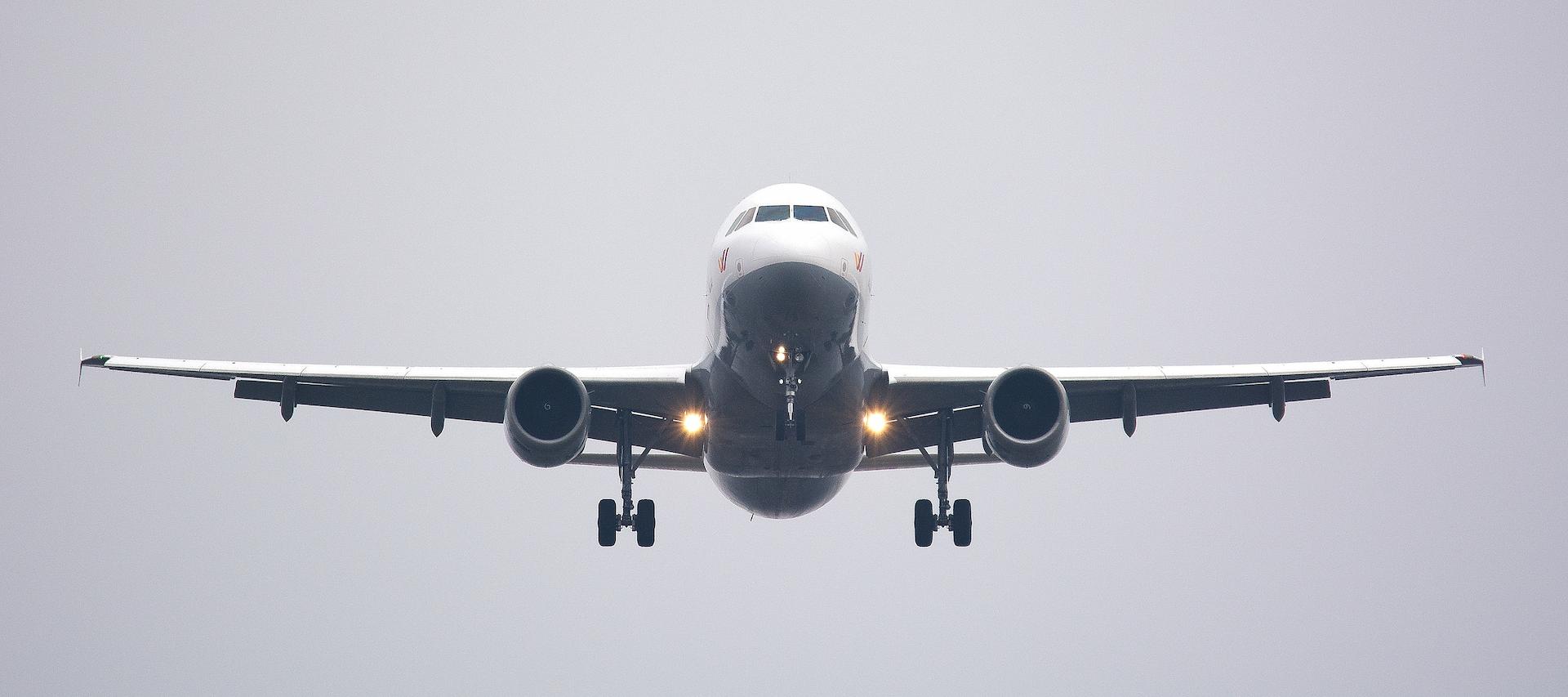Is addressed to:
Operators of Commercial Air transport (CAT Fixed Wing and Rotorcraft)
ATCOs
Briefing:
Recipients must ensure that this notice is communicated to all members of their staff who need to take appropriate action or who may be interested in the contents of the notice.
INTRODUCTION
In the context of improving aviation safety, the Aero Medicine and Medical Affairs Office has prepared relevant information concerning the good practice in the Aircrew diet.
Authored by:
Dr. Kalliopi Galanopoulou MB, BS
Chief Medical Assessor HCAA
AIRCREW DIET
Air crews are a group of people who work and function in a specialized setting and have specific requirements for their nutrition. Being careful about what they eat is particularly important during long-haul flights, or under conditions of a demanding flight program, such as in the high-traffic summer months in our country, with extensive touristic circulation and therefore intense flight activity and in conditions of high temperatures where the aircrews need to have enough energy to perform their duties without being weighed down by extremely calorie-rich foods which will make them exhausted and tired and also not benefit their health and metabolism in the long run.
A Mediterranean diet rich in vegetables, seeds, and olive oil is generally recommended for people to keep their weight and cholesterol and blood sugar levels low, but when designing a diet for aircrews it is important to consider some important changes. Meals rich in carbohydrates and fats will generally give a short boost of energy, but after that the energy levels drop abruptly, making the aircrew member sleepy and feeling drained of energy, not being able to fulfill their physical or intellectual duties as easily and effectively. Noteworthy that animal fat, especially butter should be replaced by alternative plant oils, especially olive oil. Meals such as chocolates, cakes, chips, cookies, fatty meats, and lots of bread are not indicated in this situation. Instead, high protein foods with fewer, longer-acting carbohydrates will give longer-lasting, more stable energy levels without a post-rush low, while not draining the energy the body needs to function to digest a heavy meal. Examples of such meals are eggs, chicken, fish, or meat without lots of fat, in combination with vegetables such as asparagus, broccoli, cauliflower, and complex carbohydrates such as sweet potatoes, nuts, and grains. Fruit, salads, and vegetables should be the basis of a healthy diet.
It is much more effective to have small frequent meals, including low in natural sugar fruits, such as green apples, rather than have large, heavy, infrequent meals. The maximum amount of time between meals or snacks should be three and a half hours, to keep up one’s metabolic rate.
Drinks with high concentrations of sugar and alcohol have the same repercussions as heavy meals and tend to cause dehydration, so it is preferable to drink plenty of water, particularly in the drying environment of the airplane, and to avoid fizzy drinks which, in high altitudes, cause expansion of the gas in the stomach and intestines and can cause indigestion, bloating, and discomfort.
Large amounts of caffeine (most commonly ingested in coffees, teas, chocolates, or energy drinks) can also cause dehydration and post-high exhaustion and should be kept to a minimum (considering total dose and individual sensitivity).
Vitamin supplements can help if the aircrew member has a deficiency, but they cannot replace a well-balanced diet. Also, exaggerated vitamin supplementation can lead to side effects such as agitation, hair loss, diarrhea, and skin and nail abnormalities. Vitamins should only be suggested by doctors who have examined the flight crew members and have taken into consideration their whole medical history and individual issues. Anyone with a personal or family history of heart disease or high cholesterol or who is over 40 years old should also have regular checks of their blood glucose and cholesterol levels and these must factor into their dietary requirements.
Finally, along with a healthy, flight-safe diet, keep in mind the significance of exercise, particularly when your work is sedentary for many hours in a cockpit. Free time should include light aerobic exercise such as walking, cycling, or swimming, preferably for 30-60 minutes, at least three times a week. This will reduce weight, and increase metabolism but also increase general well-being, endurance, and energy levels, making you healthier, more effective in your duties, and less prone to exhaustion, stress, and depression.
All the above instructions are valid not only for the Air Crews but also for all the other groups of Civil Aviation workers (e.g. Air Traffic Controllers) whose work is directly or indirectly related to Flight Safety.





